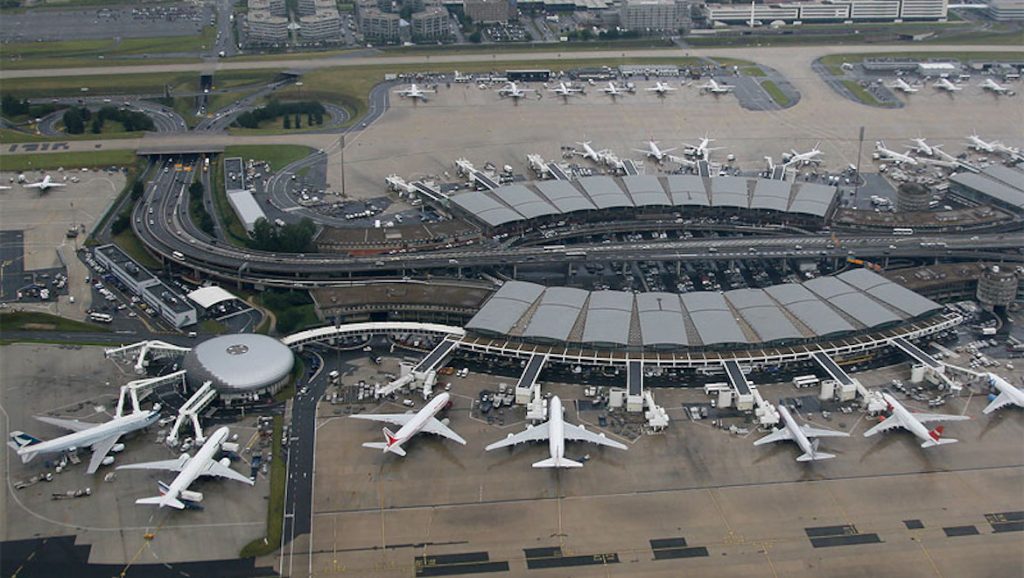
The French government has reportedly scrapped plans for a major $11 billion expansion of its famed Charles de Gaulle Airport, citing environmental concerns and climate goals.
According to French Ecological Transition Minister Barbara Pompili, who is responsible for preparing and implementing the French government’s policy in sustainability and climate action, the government has now asked the Parisian airport’s operator to drop the “obsolete” project.
Minister Pompili said on Thursday that the ministry had also told Aeroports de Paris (ADP) that the expansion project was “no longer aligned with environmental policy” of the government.
The majorly state-owned airport operator swiftly confirmed the project’s cancellation, and pledged to come up with alternative strategies to transform Paris’ Charles de Gaulle and Orly airports into “leaders in green aviation”.
However, ADP also noted that the decision to scrap the project is also “one of the consequences of the COVID-19 crisis”.
The upgrade would have seen Charles de Gaulle increase its capacity by an additional 40 million passengers annually, and create 50,000 new jobs.
Any future expansion plans for the airport that would increase emissions are expected to be barred under a current draft French law, which was drafted based on public climate concerns.
It comes the same week the KLM Royal Dutch Airlines conducted its first passenger flight using sustainably-sourced synthetic kerosene fuel.
The 737 carried passengers from Amsterdam to Madrid, and utilised 500 litres of the synthetic kerosene, around 5 per cent of its fuel requirement for the flight.
The synthetic fuel was produced by Royal Dutch Shell using carbon dioxide, water and renewable energy sources, and was mixed with regular fuel to meet the aircraft’s fuel requirements.
KLM said the Madrid flight, which took place on 22 January, combined carbon capture with solar and wind power to produce a fully sustainable kerosene substitute for the first time.
The industry has long looked to reduce its heavy reliance on fossil fuels, resulting in many flights being partly powered by plant-derived biofuels.
However, KLM has said that fully synthetic fuels have taken longer to develop.




